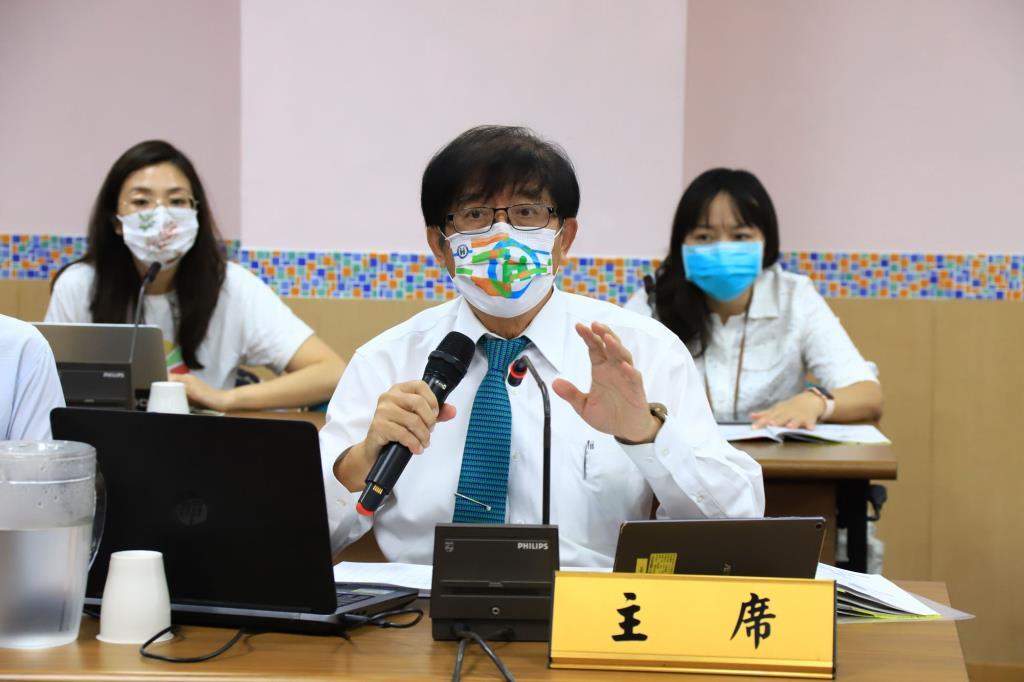
To ensure that the opinions of the public, professional societies and government can be thoroughly discussed, the NHIA held the NO.101 open government collaborative meeting, discussing the petition to cover ‘counselling and psychotherapy’ into the NHI benefits. The meeting invited the proposers, resolutioners, professional societies in the fields of psychiatry and psychology, officials from the Department of Mental and Oral Health and Audrey Tang, the Minister without Portfolio, Executive Yuan, to participate in the meeting and offer their insightful perspectives.
In 2021, the public petitioned ‘covering counselling and psychotherapy in the NHI benefits’ via Public Policy Participation Platform. 5000 have participated in the petition and requested that in addition to include counselling and psychotherapy into the benefit package, the NHIA can further define the indications of psychotherapy, number of treatments and the fee schedule. Furthermore, the petition also asked for mental health can be exclusively set up in addition to the current health education.
The chairperson, the Director General Po-Chang Lee, said that he one served as a volunteering counselor when he was studying in Taipei Medical University. He is thus able to sense the needs for receiving mental healthcare in Taiwan. Currently, psychotherapy is incorporated in the payment, among which the business of clinical psychology is included. Yet, the business of counseling psychology has not been included in the payment. Since counselling psychology also has its role in medical care, there is still room for discussion as to whether counselling psychology is incorporated in the payment.
The proposals from the professional societies are as follows: the fee schedule for psychotherapy is too low, which reduces the doctors’ willingness to give prescriptions; those who in need of psychotherapy are not limited to patients in the psychiatry division. However, the relevant healthcare resources only belong to the patients in the psychiatry division; Also, since counselling psychologists are not part of the payment, hospitals thus are reluctant to employ counselling psychologists, which further results in the shortage of counselling professionals. If patients are able to receive comprehensive counselling care in the initial stage of their mental issues, it is expected that the expenses in the following psychotherapy might be greatly reduced. The proposers and resolutioners also related to their personal experiences, expressing the public’s needs for counselling services or medical treatment and challenged the accessibility of the current counselling resources in Taiwan.
With this collaborative meeting, proposers and resolutioners were able to fully express their opinions. The suggestions from the associations also serve as references for future policies. Director general Lee said that the NHIA will take all the opinions and observations into consideration and strive to provide the public with the utmost healthcare.

